
Take the Stress Out of Long Distance Caregiving
Trusting in long-distance care for your senior loved one can be tough. How do you know your loved one will be well cared for? How do you know what questions to ask the caregiver, and how will you know if they will actually carry out you and your loved one's wishes?
While you can never realistically have full control over the care of an aging relative or friend, there are some strategies that you can integrate into your everyday life to put yourself and your aging loved one at ease while working through the challenges that come with long-distance care. Here are 5 strategies to incorporate into your daily routine to get the most out of long-distance care.
1. Prepare in Advance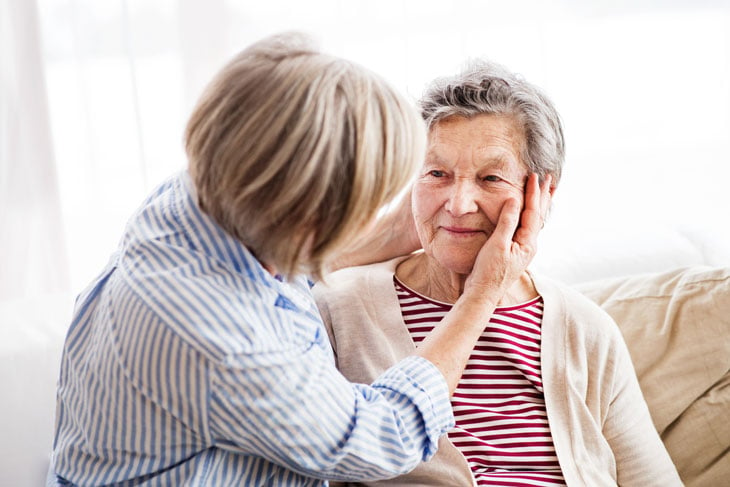
If living close to your senior loved one is not an option for you, begin your long distance caregiving duties in advance by organizing paperwork (health insurance, prescriptions, living will, etc.) and making a list of contacts your loved one can get in touch with at all times of the day. If your loved one lives alone, you might consider talking to local law enforcement and asking them to do well-being checks every two or three days. Also, most communities have Area Agencies on Aging that can provide assistance such as Meals on Wheels and transportation services.2. Prepare Your Loved One's Home for Emergencies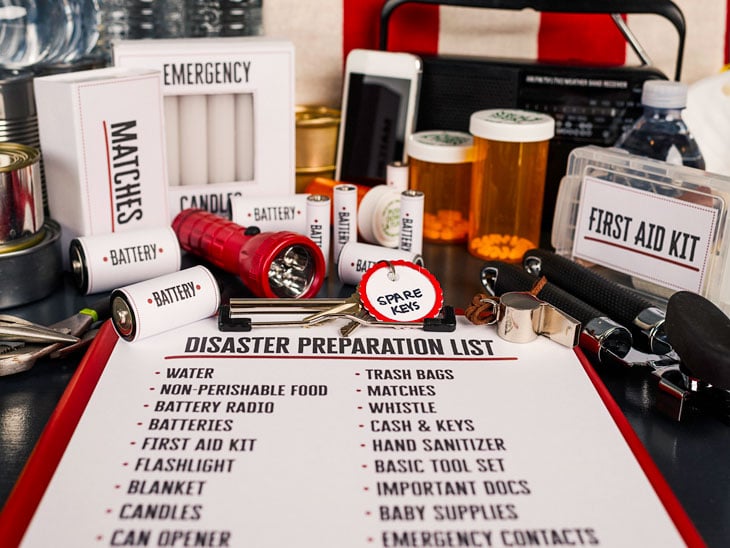
Stock your loved one's home with non-perishable food items, bottles of water, flashlights/batteries and medical supplies in case you cannot reach them in a few days following an event like a natural disaster. Write down a plan of action for your loved one that explains what they should do in the event of an emergency — calling 911, the Red Cross, police, etc.3. If You Don't Know Your Loved One's Neighbors, Get to Know Them Before You Move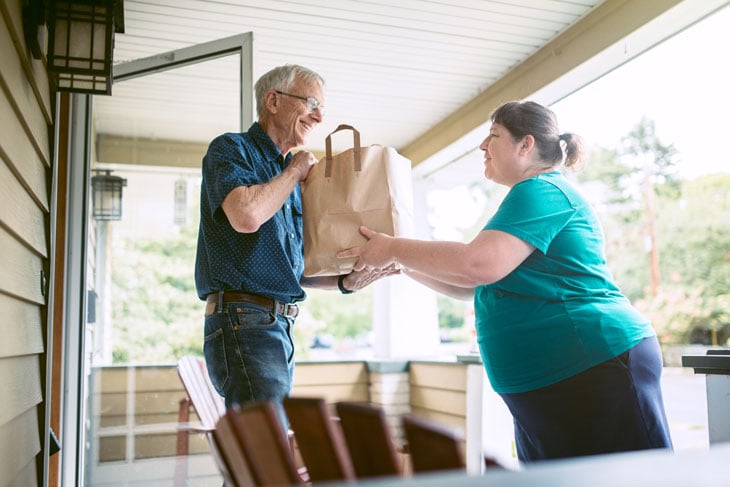
Explain your circumstances and ask if it would be possible for them to check in on your loved one once a week. Give them your loved one's phone number and your phone number as well. This is also an excellent opportunity for your loved one to make new friends and remain socially active after you move away!4. Show Your Loved One How to Skype/FaceTime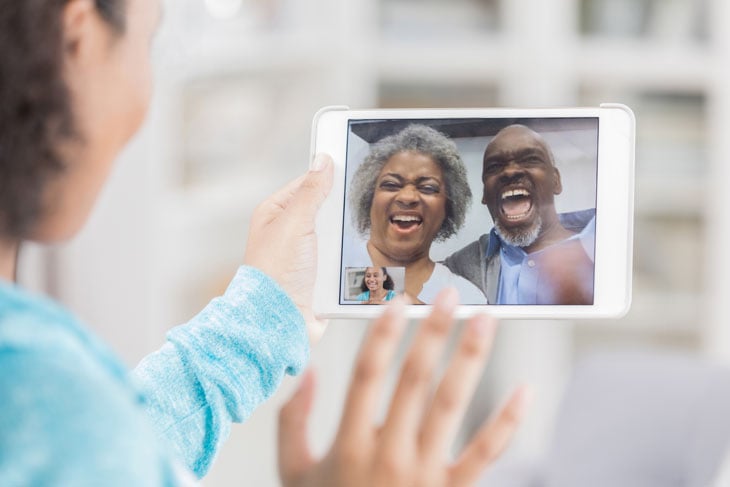
Talking to your loved one on the phone is one way of making sure he or she is OK, but actually seeing your loved one is an even better way of assessing their well-being. Fiercely independent seniors often resist admitting they don't feel well, so regularly using technology to keep in touch allows you to see otherwise. Skype, FaceTime. and other video chat apps enable you to examine your loved one's face for visible signs of an illness they might not be telling you about, i.e., unusual paleness or redness of the face, drooping eyelids, difficulty speaking, sudden hair loss, etc.5. Make Sure Your Loved One Knows They are Not Alone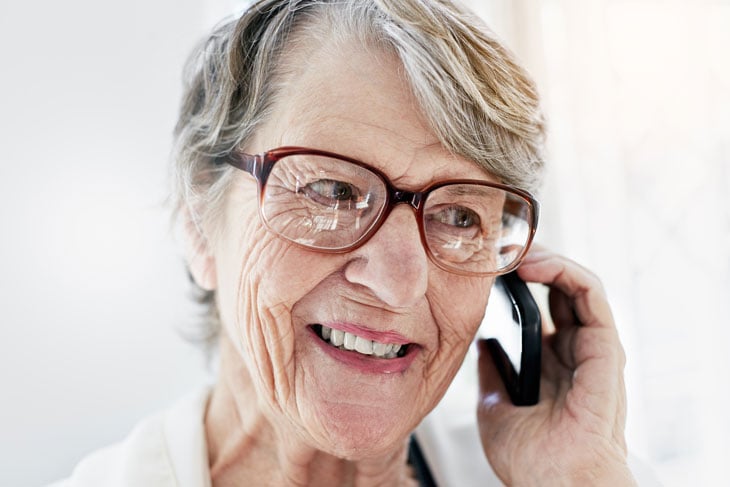
Even if you have nothing important to talk about, calling your senior loved one every day is the best long-distance caregiving activity you can give them. Just speaking to them about mundane things — the weather, the news, something funny you saw or heard — lets them know you are thinking about them and care.
To guide the conversation with your senior loved one, here are a couple questions to ask that prompt important discussion and ensure they are living their best lives!
1. Do you need anything?
Be specific and mention food, toiletries, clothes, medicine or household items.2. Are you staying busy?
Make sure your loved one is not spending days alone at home. If they are supposed to be going to activities and you don't think they are going, call the people organizing the activities to find out if they have been attending them.3. When would you like to come for a visit?
Plan on picking up your loved one several times a year and bringing them to stay with you for a few days.4. What else can I do for you?
Anticipate your aging loved one developing new needs but neglecting to inform you of these needs.
Ask your aging loved one these four questions to learn about their day, see how you can help, and determine if they are really getting the care that they need.
When you are a long-distance caregiver, it can be scary knowing you are not responsible for the day to day care your senior loved one receives. The most important thing you can do for you and your senior loved one is to help them find the best senior living community that fits all of their unique needs and gives you peace of mind. 


